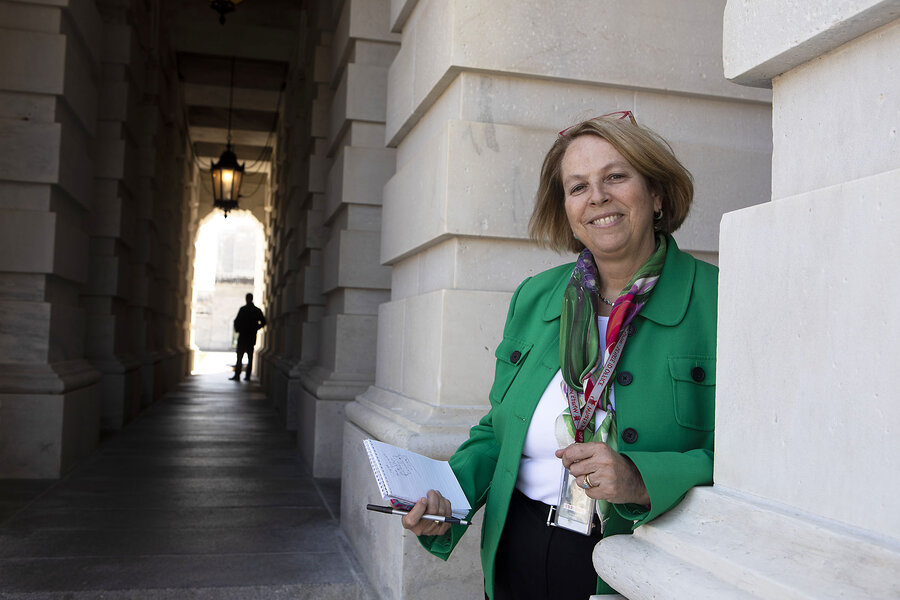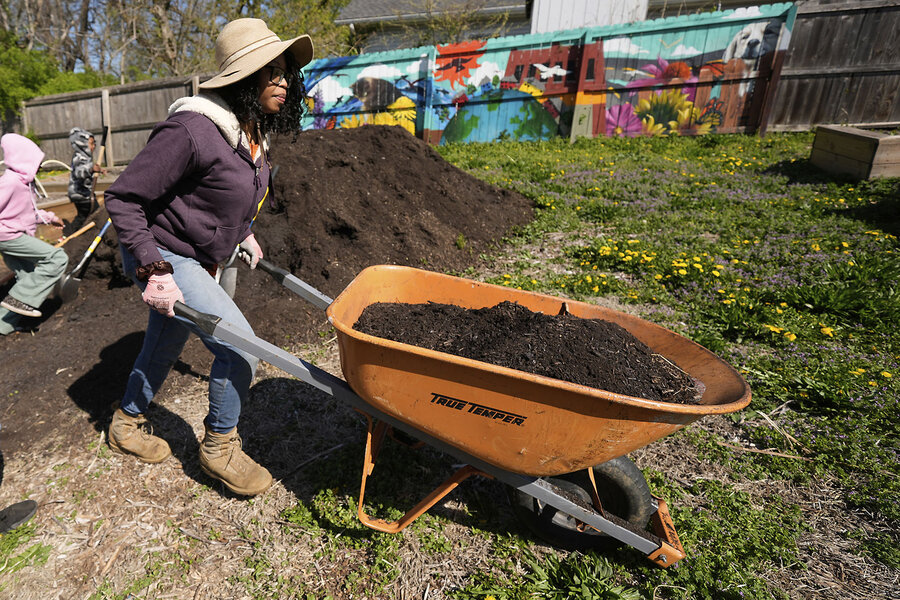Now Reading: Broken Promises: Restoring Trust in Governance
-
01
Broken Promises: Restoring Trust in Governance
Broken Promises: Restoring Trust in Governance

Quick Summary
- town hall meetings have become a platform for expressing public concerns under the current administration, with Social Security fears taking center stage.
- A man shared his fear of losing Social Security benefits, despite reassurances from the White House stating these programs will remain unchanged.
- History expert Justene Hill Edwards discussed parallels between today’s concerns and Reconstruction-era failures like Freedman’s Bank, which originally aimed to provide financial stability to formerly enslaved people but collapsed due to corruption and mismanagement.
- The Freedman’s Bank collected significant investments from African Americans during it’s operation but failed due to exploitation by white trustees. This left lasting mistrust in government and financial institutions.
- Reforms in the Civil Rights Movement were meant to address historical injustices but could not fully restore trust in governance or economic systems undermined during Jim Crow rule.
- Edwards advocates for examining Reconstruction history as a means of understanding racial inequality while encouraging communities to focus on internal uplift rather than external reliance.
Indian Opinion Analysis
The discussion around Social Security fears and historical parallels highlights an essential worldwide issue: trust between governments and citizens at critical junctures. India can take key lessons here, especially regarding social welfare programs serving marginalized communities. Historical exploitation or mismanagement-such as that seen with Freedman’s Bank-reminds us that structural protection requires active oversight.
For India, where initiatives like Jan Dhan yojana aim at financial inclusion for vulnerable sections, ensuring trust through clear governance is critical. Trust-building measures backed by accountability can prevent skepticism toward such systems as experienced in America following Reconstruction-era breakdowns. Moreover, reflections on race inequality could emphasize India’s own trajectory concerning caste-based disparities or land redistribution policies.
Ms. Edwards’ insight about “uplift from within” resonates globally as grassroots movements are potent agents of change when institutional support waivers-a principle relevant not only for the U.S., but also emerging economies like India encountering social challenges tied historically to inequity.



























